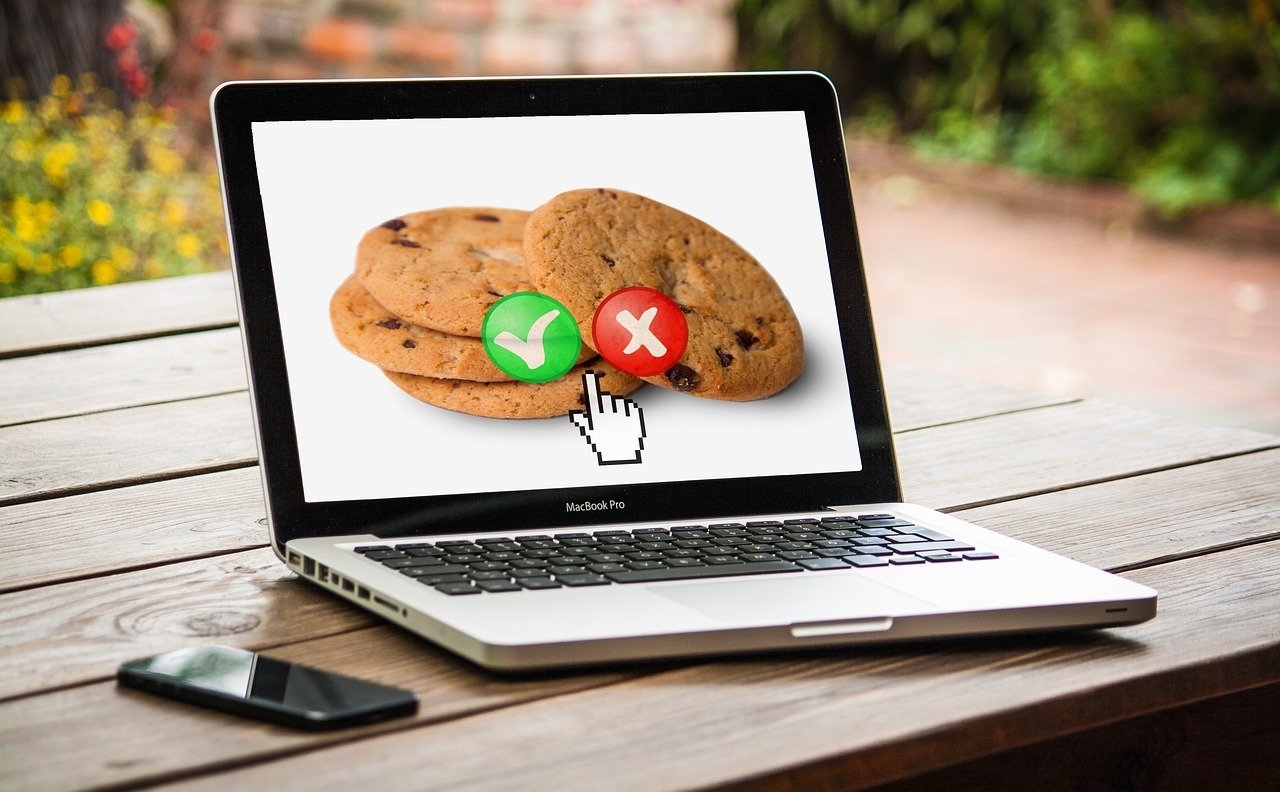Privacy changes could affect use of cookies
Contributors

Christian Scali
Recent announcements from Apple and Google are forcing companies that advertise using third-party cookies to reconsider their plans. This year Apple banned the use of unauthorized third-party cookies on Safari, its internet browser. Google announced this year that it will follow suit, banning these cookies from its web browser Chrome, by 2022.
Third-party cookies typically track a user’s internet browsing history and provide targeted advertisements based on this history. For years they have been an important tool for advertisers, especially in industries selling products that consumers spend a significant amount of time researching and comparison shopping, such as personal vehicles.
These changes do not mean that targeted ads will end, however. Both Google and Apple will use their advances in aggregation, anonymization, on-device processing and other privacy-preserving technologies to target ads without allowing third-parties to collect consumer browser history.

Overall this move is seen by privacy experts as potentially bad for advertisers, and good for consumers. However, the final result is not clear. Both Google and Apple say advertisers will be able to target ads in substantially similar ways by using their consumer data collection without collecting, and being responsible for, consumer information.
As these changes in advertising move forward with the two internet giants, advertisers will need to react and adapt their ad purchasing and data collection. Companies that currently rely on third-party cookies should start working with their advertising agencies to transition to new approaches and, as those decisions are made, reconsider their use of cookies on their own websites. For companies that must comply with the California Consumer Privacy Act, this could mean reviewing and modifying their CCPA disclosures in the future, particularly if they have adopted use of a “cookie banner” that informs customers of the websites’ use of cookies.
